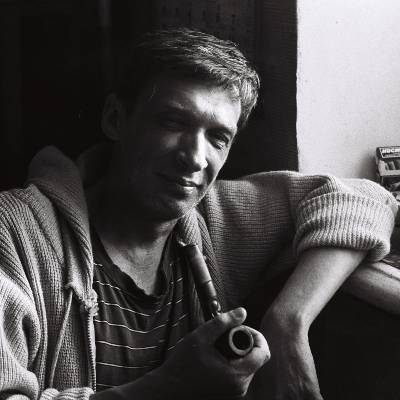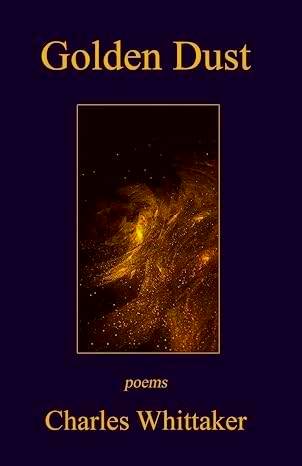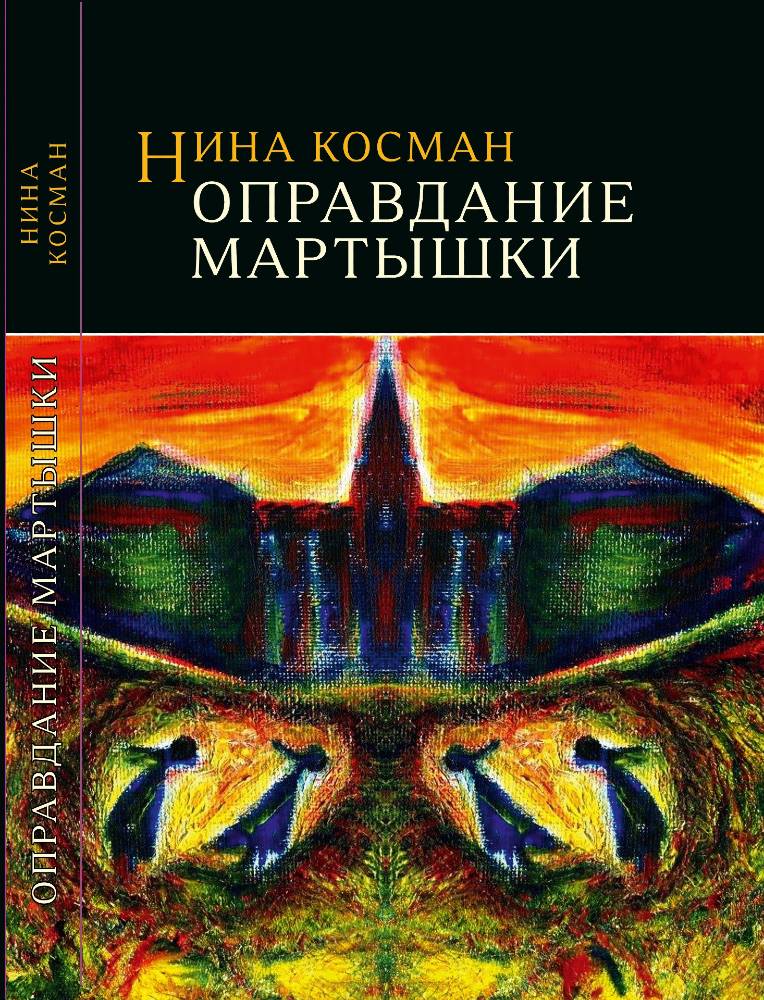About the Author:

Valery Sosnovsky was born in 1967 and lives in Yekaterinburg. He graduated from the philosophy department of Ural State University. He worked as a political technologist, night watchman, journalist, and psychologist. His poems were published in many Russian magazines, such as Zvezda, Ural, Slovo/World, Neva, Novyi Zhurnal, etc. He is the author of In the Silence of the Midnight Prospect, a collection of poems. He organized “Days of Boris Ryzhy in Yekaterinburg” (2006-2016), an International Poetry Festival. Valery was a winner of Soul in the Cherished Lyre, organized by the American Pushkin Society as part of the competition 45th parallel (2019). His poems were translated into French and English. Valery is also a co-author of two documentary books on the history of plants in the Ural Mountains.




